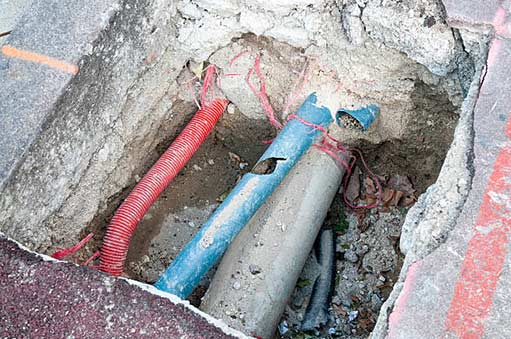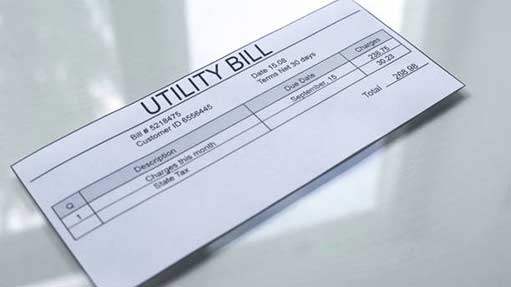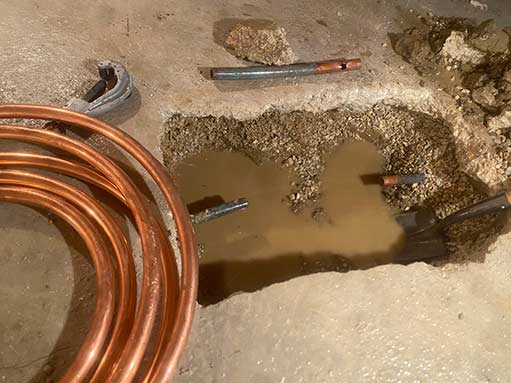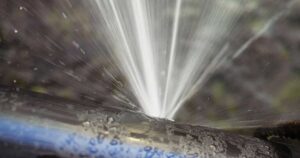In this informative piece, we will explore the various factors that can lead to water line damage in this specific area. Whether you’re a homeowner, a business owner, or simply interested in understanding more about the local water infrastructure, this article is for you.
Understanding Water Line Damage
Water line damage refers to any issues or problems that occur within the water supply lines that connect buildings to the city’s main water source. These lines are responsible for bringing fresh water into homes, businesses, and other properties in North Center. When these water lines experience damage, it can lead to a range of issues, including reduced water pressure, leaks, and even complete waterline failures.
The Impact of Water Line Damage
Water line damage can have significant consequences for both homeowners and the community as a whole. Not only can it disrupt daily activities that rely on access to clean water, such as cooking and bathing, but it can also result in costly repairs and potential health hazards.
Now, let’s explore some of the common causes of water line damage in North Center, so you can be better prepared and take necessary precautions to prevent such issues.
Age and Corrosion
One of the primary causes of water line damage in North Center is the age of the infrastructure. Many of the water lines in this area have been in place for several decades, and naturally, with time comes wear and tear. The older the pipes, the more susceptible they are to corrosion and deterioration.
Corrosion occurs as a result of various factors, including water quality, pH levels, and chemical reactions. Over time, this corrosion weakens the pipes, leading to leaks and breaks. It’s important to note that the likelihood of corrosion-related water line damage may also depend on the type of material used for the pipes. Older pipes made of iron or galvanized steel are more prone to corrosion than newer pipes made of copper or PVC.
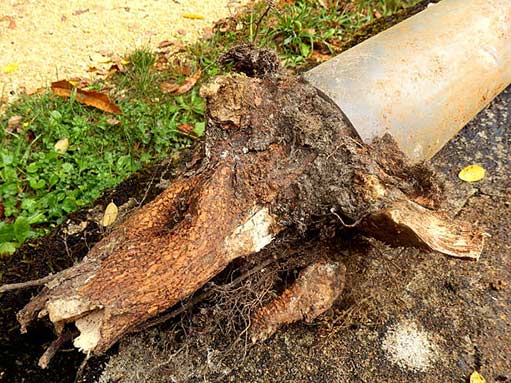
Once inside the pipes, tree roots can cause extensive damage by exerting pressure, creating blockages, and even causing complete pipe collapses.
Tree Root Intrusion
In North Center, the abundance of trees in residential areas can contribute to water line damage. Tree roots naturally seek out sources of water, and if there are small cracks or gaps in the water lines, the roots can infiltrate the pipes in their search for hydration.
Once inside the pipes, tree roots can cause extensive damage by exerting pressure, creating blockages, and even causing complete pipe collapses. Not only can this lead to water line damage, but it can also disrupt the overall health and stability of the surrounding trees.
Ground Shifts and Settling
Over time, the ground in North Center, can experience shifts and settling due to various factors such as changes in soil composition, weather conditions, and construction activities. These ground shifts can put stress on water lines, causing them to shift, crack, or even detach from their connections.
Ground settling can also create uneven pressure on the water lines, leading to leaks or ruptures. It is particularly important to monitor ground shifts in areas with frequent construction or areas where the soil composition is prone to significant changes.
Freezing and Thawing
The North Center area of Chicago experiences harsh winter weather conditions, which can result in freezing and thawing cycles. When water inside the pipes freezes, it expands and puts pressure on the pipe walls. Over time, this repeated expansion and contraction weaken the pipes, making them more susceptible to damage.
Freezing and thawing cycles can lead to pipe bursts, cracks, and joint failures. It is crucial to take preventive measures, such as insulating exposed pipes and ensuring proper drainage, to minimize the risk of water line damage during cold periods.
External Factors and Human Error
While natural causes and aging infrastructure contribute significantly to water line damage, external factors and human error can also play a role. Construction activities, accidental digging, and improper installation or maintenance can all lead to water line damage in North Center.
It is essential for construction crews and property owners to exercise caution and follow proper procedures when digging or conducting any activities that may impact the water lines. Diligence in maintenance and regular inspections can also help identify potential issues before they escalate.
Summing it Up
Water line damage in the North Center area of Chicago can have a significant impact on residents and businesses. Understanding the common causes of water line damage allows property owners to take proactive measures to prevent or address potential issues.
By staying aware of the age and condition of water lines, monitoring tree root intrusion, paying attention to ground shifts, protecting against freezing and thawing cycles, and observing best practices during construction or maintenance activities, individuals can contribute to the preservation and longevity of the water line infrastructure in North Center.
If you suspect water line damage or require assistance with repairs, it is recommended to reach out to professional plumbers in the North Center area of Chicago or the local water department for guidance. Remember, a little prevention can go a long way in ensuring the continued availability of clean and reliable water in your area.
Having trouble with your water lines in the North Center area of Chicago? Contact us below:
